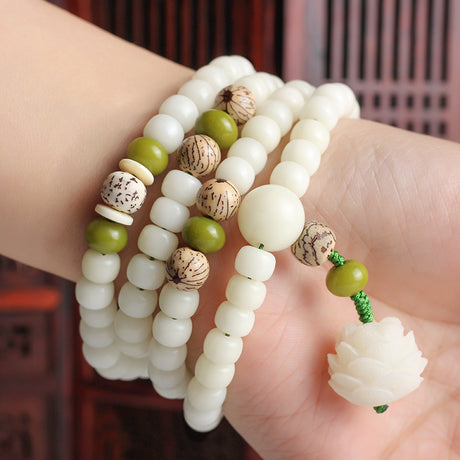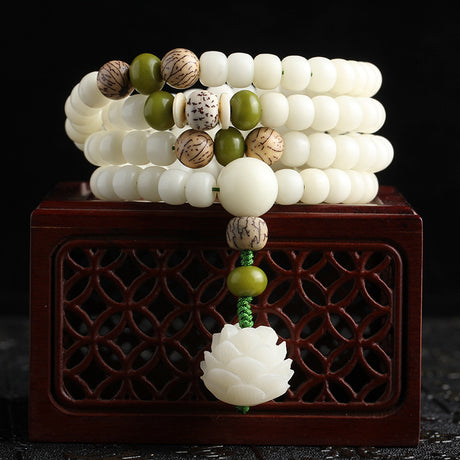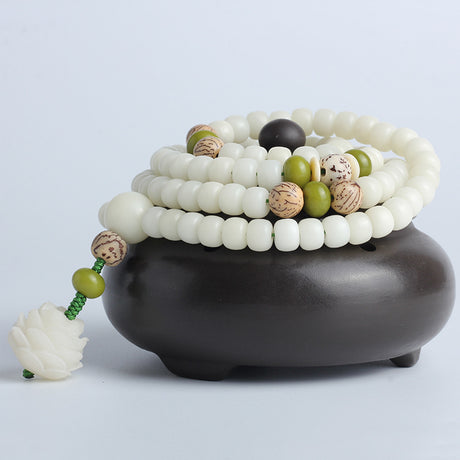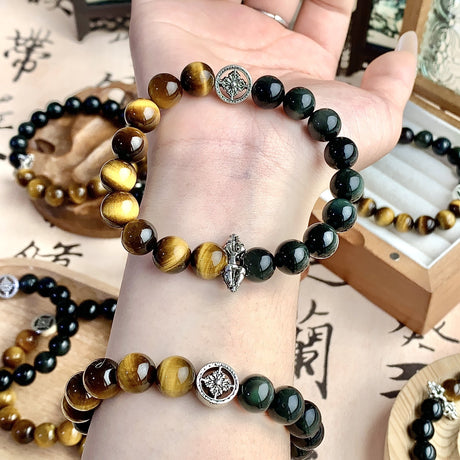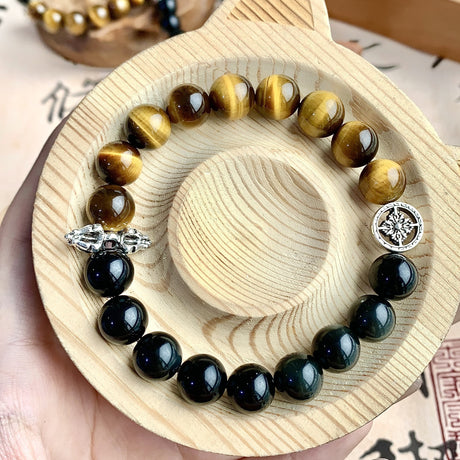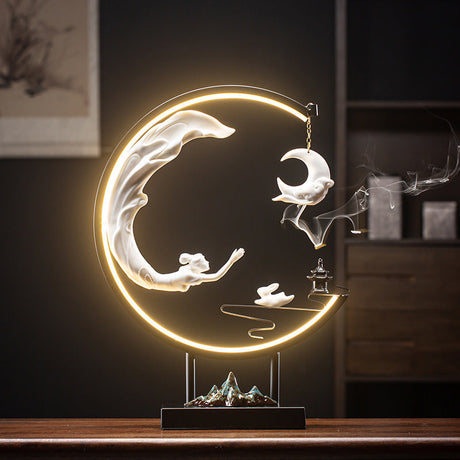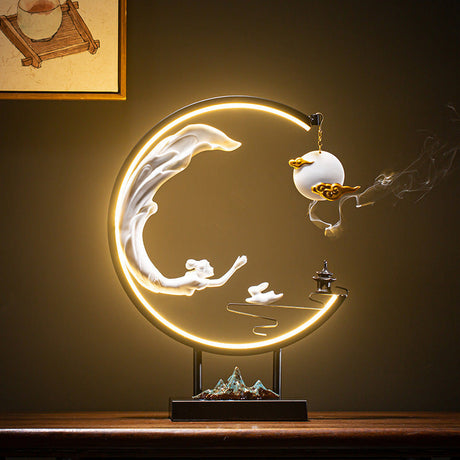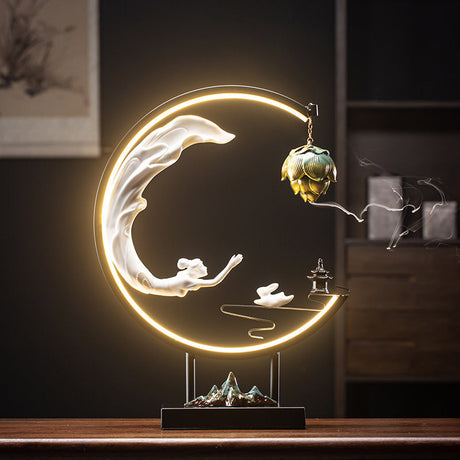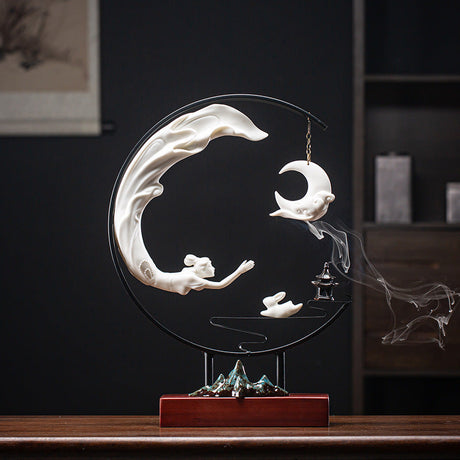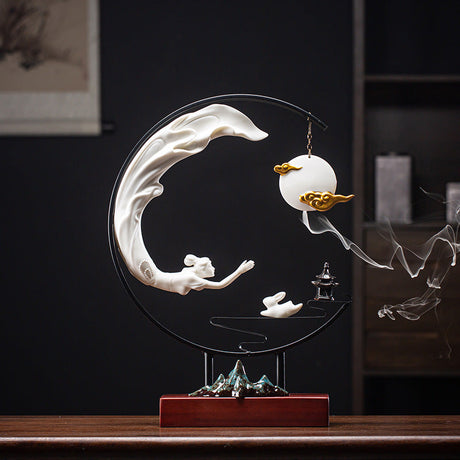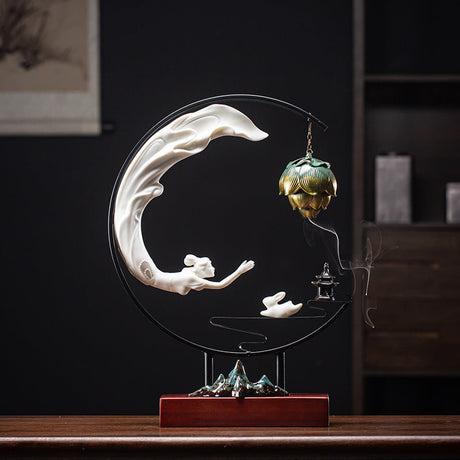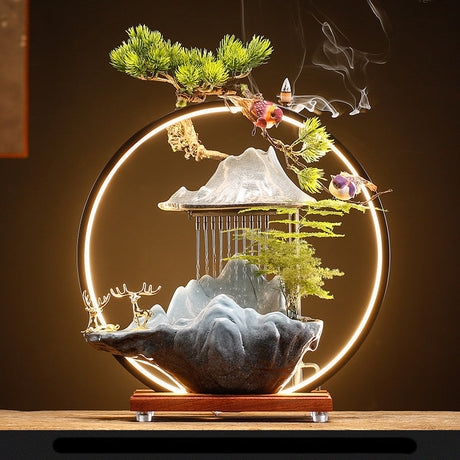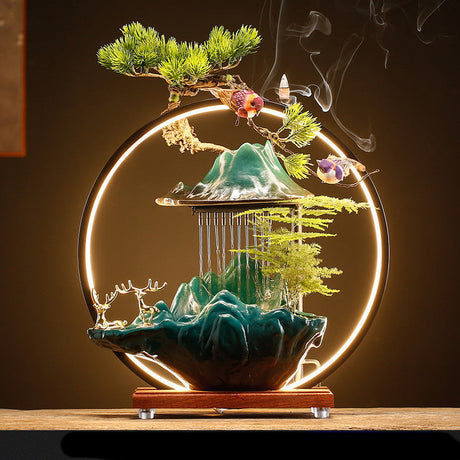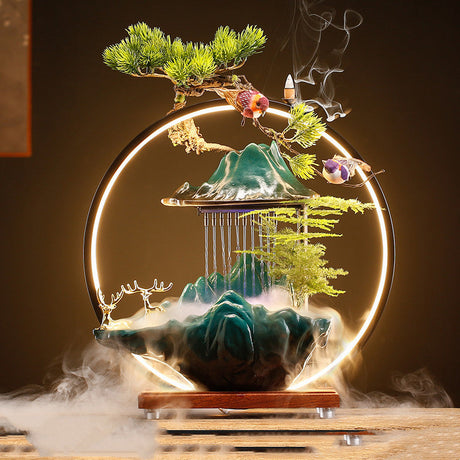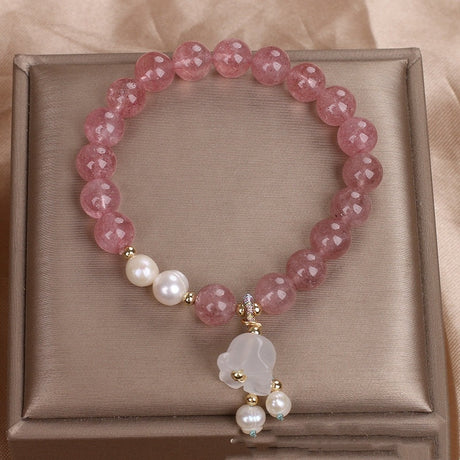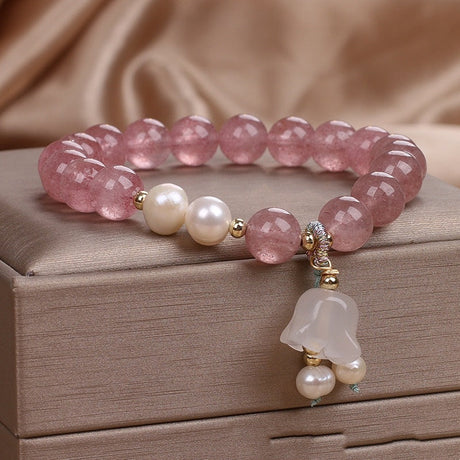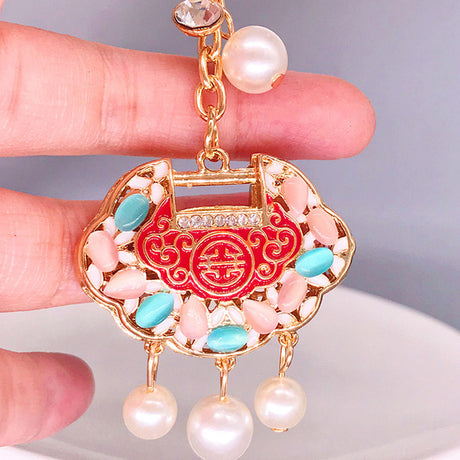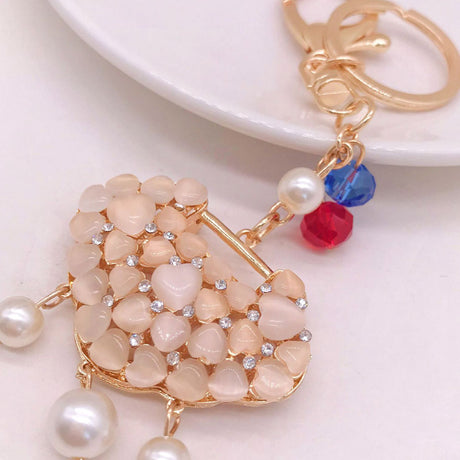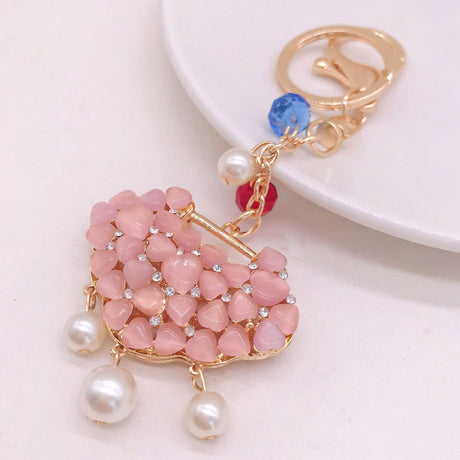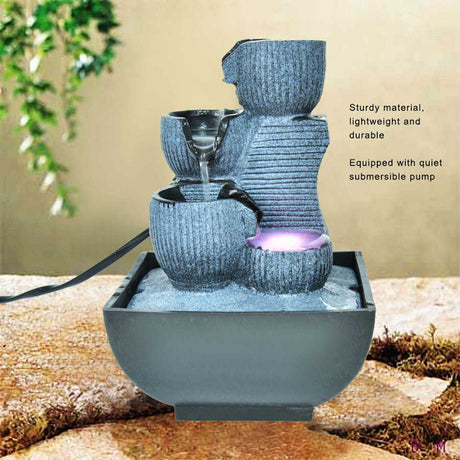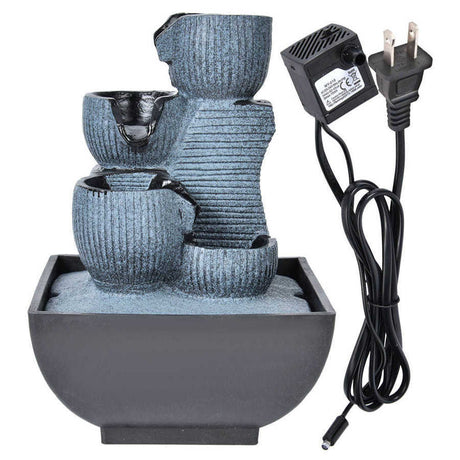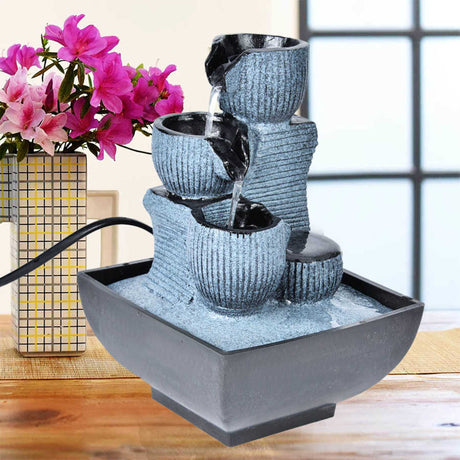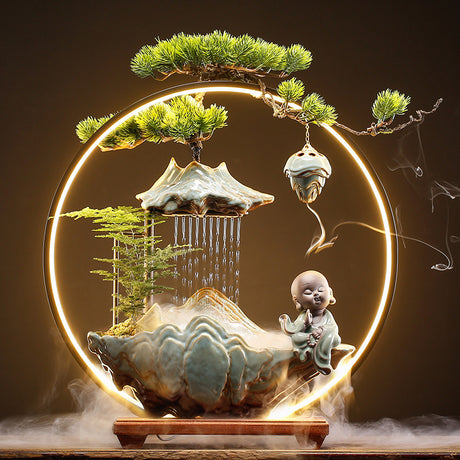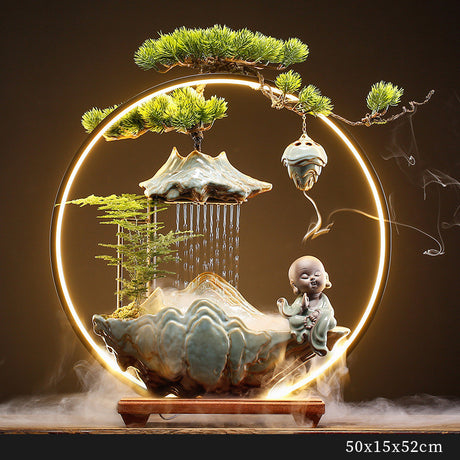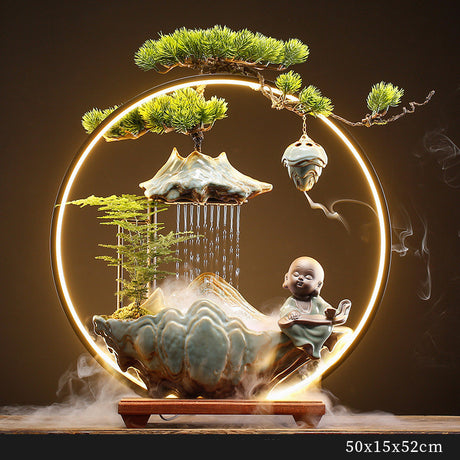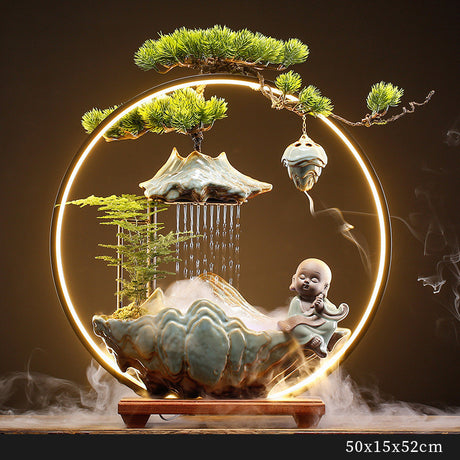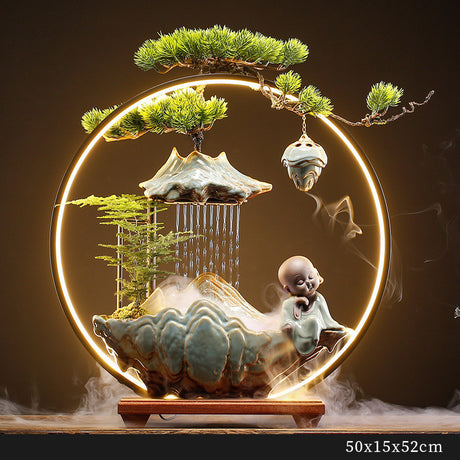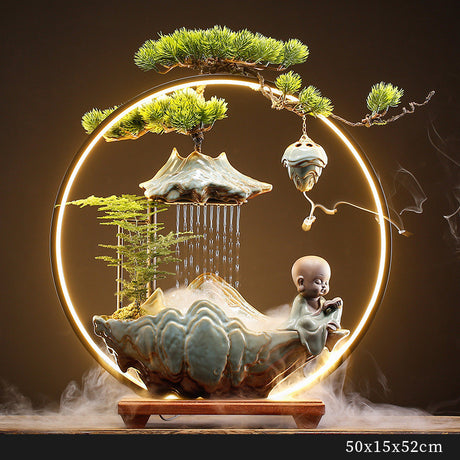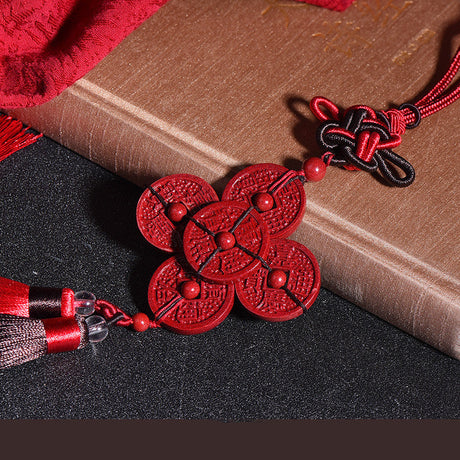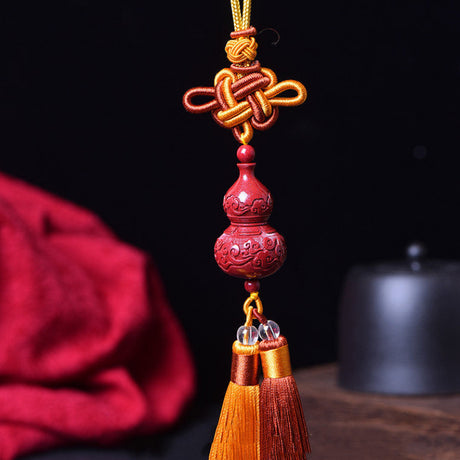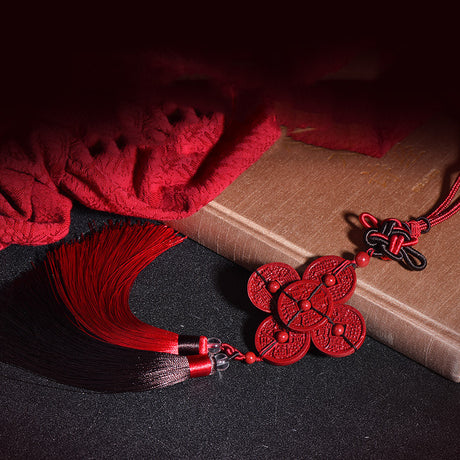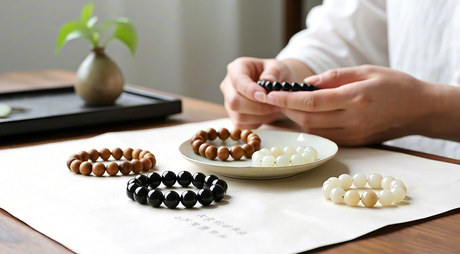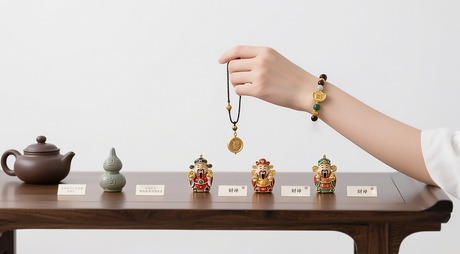Feng Shui for Home: A Practical Guide to Creating a Harmonious and Energy-Rich Living Space
Feng Shui, an ancient Chinese practice of harmonizing with the surrounding environment, can turn your home into a magnet for positive energy, peace, and prosperity. By thoughtfully arranging furniture, choosing the right colors, and integrating natural elements, you can create a living space that nurtures your well-being and supports your goals.
Here’s a room-by-room guide with feng shui tips to help you bring balance and flow into your home.
1. Entryway & Front Door: The Gateway of Chi
The front door is known as the "mouth of Chi"—it’s where energy enters your home, setting the tone for everything inside.
Feng Shui Entryway Tips:
Keep it clean and open: Remove clutter, shoes, and obstacles that block energy flow. A well-lit entrance invites good luck.
Add life and color: Use green plants (like a money tree or monstera) or fresh flowers. Place a red or gold welcome mat to attract wealth energy.
Avoid direct alignment: If your door faces a staircase or hallway, add a curtain or decorative screen to soften the energy.
Pro tip: Hang a round mirror on the side wall (not directly opposite the door) to reflect and amplify positive vibes.
2. Living Room: The Heart of Social and Family Energy
The living room is a communal space that should promote relaxation, conversation, and good fortune.
Living Room Feng Shui Tips:
Sofa placement: Arrange your sofa in a U or L shape around a coffee table to create a “wealth bowl” layout. Avoid placing seating with its back to the door.
Balance light and color: Use warm, neutral tones (like beige or soft yellow) to invite calm. Natural sunlight is ideal. Add metal elements in the northwest corner for mentor and career luck.
Balance the five elements: Use plants (wood) and water features (like small fountains) to energize the space. Avoid overly tall TV units.
Avoid sharp décor: Steer clear of sharp-edged or aggressive art pieces (e.g., knives, swords) that can create tension in the energy field.
3. Kitchen: The Wealth and Health Generator
In feng shui, the kitchen represents both wealth and nourishment. A well-balanced kitchen brings abundance and vitality.
Feng Shui Kitchen Essentials:
Stove & sink positioning: Keep the stove and sink apart to avoid the clash between fire and water elements.
Clean and use often: A clean and frequently used stove attracts wealth luck.
Color choices: Use soft yellows or light greens to support the fire element. Avoid large areas of black (which represents water).
Tidy and hidden storage: Keep knives stored in drawers. Garbage bins should be covered and placed away from food prep areas.
Boost prosperity: Keep the rice jar full to symbolize abundance. Hang red chili or tomato-themed décor to energize the fire element.
4. Bedroom: Your Sanctuary of Rest and Romance
The bedroom plays a key role in your health, sleep quality, and romantic life. A calm, grounded space allows energy to recharge you fully.
Feng Shui Bedroom Layout Tips:
Ideal bed placement: The bed should have a solid wall behind the headboard and not face the door directly. A high bed base improves energy flow.
Choose calming tones: Use gentle colors like soft blue or dusty pink. Install blackout curtains to support deep rest.
Minimize electronics: Keep TVs and laptops out of the room. If you have a mirror, ensure it doesn’t face the bed.
Enhance love energy: Place matching bedside lamps or paired artwork to encourage balanced relationships.
5. Bathroom: Cleanse and Contain Energy
Bathrooms are spaces where energy can drain, so keeping them fresh and contained is essential.
Bathroom Feng Shui Tips:
Close the energy leaks: Always keep the toilet lid down and use odor-blocking drain covers.
Color and décor: Choose white or light blue tiles to align with water and metal elements. Add air-purifying plants like pothos for freshness.
Lift the vibe: Use essential oils or Himalayan salt lamps to cleanse any negative energy.
Special fix: If your bathroom is at the center of the home, place a yellow rug at the door. Earth (yellow) balances excess water.
6. Home Office / Study: The Power Hub for Focus and Career
Your home office or study space reflects your professional energy, learning ability, and future potential.
Feng Shui Office Layout Tips:
Desk position: Sit with a solid wall behind you, and face the door (not directly in line with it). This symbolizes control and clarity.
Supportive setup: Place a lamp or plant on the left (green dragon side), and keep the right side (white tiger) clear.
Mind the ceiling: Avoid sitting under beams; use lighting or ceiling fabric to minimize pressure.
Color and tools: Use wood-colored desks or light green to support study energy. A crystal point near your laptop can improve mental focus.
Career luck: In the northwest corner, place a metal sculpture or figurine (like a dragon turtle) to invite helpful mentors and new opportunities.
Universal Feng Shui Rules for Every Home
Declutter often: Piles of stuff = blocked energy. Try seasonal decluttering to allow fresh Chi to circulate.
Invite nature in: Open windows regularly and incorporate indoor plants like snake plant or spider plant.
Customize your space: Align home design with the residents’ personal elements (wood, fire, earth, metal, water) for optimal results.
Final Thought: Feng Shui Is a Dialogue With Space, Not Just a Rulebook
Feng shui for home is less about superstition and more about creating an intentional, supportive atmosphere. You don’t have to change everything overnight. Begin with one corner, observe the difference in energy, and let your space evolve with purpose and positivity.






















